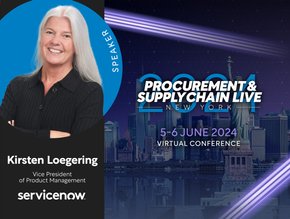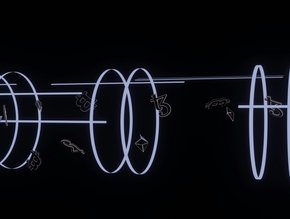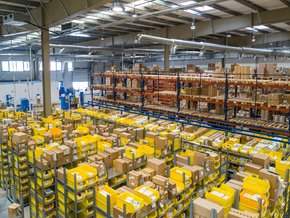How Procurement is Helping Delta to Sustainable Travel

The strategy covers many parts of the airline business, but encouraging net-zero supply chains and procurement partnerships, innovating their new fleet of aircraft, addressing single use plastic and scaling the sustainable fuel market are all key drivers in the ambitious.
In initially announcing the strategy, the company said its strategy was inspired by ‘what is good for the planet, communities and Delta people, and driven by a recognition that sustainability is a business imperative.’
Using Delta’s procurement strategy to drive sustainability
Delta’s supply strategy involves leveraging the strength and scope as one of the world’s biggest airlines to influence their thousands of global suppliers to drive industry-wide change. It was the first US airline to enter a collaboration with EcoVadis, who provide sustainability ratings for business, to try and improve the transparency of its procurement and supply methods and ensure that sourcing partners have values and ethics that align with Delta.
- 2022: 50%+ of largest vendors in EcoVadis
- 2025: 100% of preferred vendors on carbon tracking system
- 2030: 100% of preferred Delta vendors with net-zero plans
- 2050: 100% net-zero supply chain
New fleet procurement
Although completely sustainable long-haul aviation is yet to be in operation, Delta is partnering with technical innovators to focus on the next generation of more environmentally progressive aircraft. Their Airbus partnership includes focusing on the potential use of hydrogen powered flights.
- 2022: Partnership with Airbus ZEROe to explore hydrogen propulsion
- 2025: 10%+ fuel efficiency gains and 5 partnerships with revolutionary tech companies
- 2035: 20%+ fuel efficiency gains and first operation of mainline revolutionary mainline technology
- 2050: 40%+ fuel efficiency gains and 25% of fleet made up of ‘revolutionary aircraft’
Delta continues to make its existing fleet more efficient as older aircraft retire. In 2022, it took delivery of 69 aircraft that were on average 25% more fuel efficient per seat mile than aircraft retired since 2019, contributing to a fleet-wide fuel efficiency improvement of 4.2% compared to 2019. Building off this, in 2023, Delta retired the CRJ-200, its least fuel-efficient aircraft type. The airline published a target of procuring and taking delivery of 43 next-gen aircraft in 2023.
Clean fuel procurement
Sustainable Aviation Fuel (SAF) is considered a significant step in accelerating aviation towards a more sustainable future, but there currently is not enough of the product to power an airline of Delta’s scale. Delta is working to build demand, attract investment and encourage incentives to scale the market so all airlines can access more sustainable fuels. To date, the company has secured 200 million gallons of SAF offtakes and has approximately 50 corporate customers signed on to their sustainable fuel agreements. The company target is to reach 95%+ SAF usage by 2050.

“Sustainability is a business imperative for Delta. Not only is it good for the planet and our communities, it’s also good for the business,” shared Amelia DeLuca, Delta Chief Sustainability Officer “While it may seem that sustainable can mean more expensive, reduced consumption – whether that’s in fuel savings, food and beverage, potable water, etc. – can help Delta save millions each year.”
Read more about some industry leading sustainable procurement strategies.
Make sure you check out the latest edition of Procurement Magazine and also sign up to our global conference series - Procurement & Supply Chain 2024
**************
Procurement is a BizClik brand






